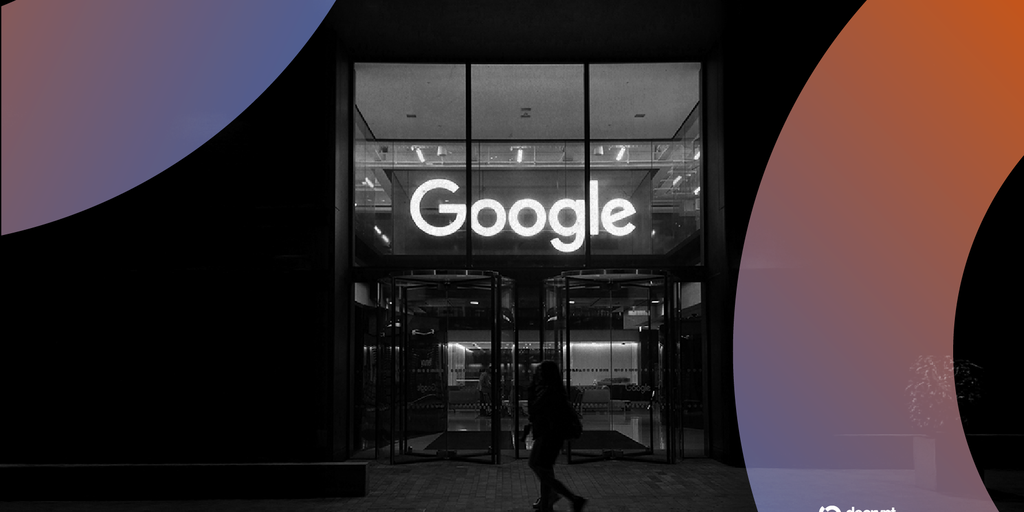
Google recently found itself under fire after users uncovered a hidden setting in Gmail that allowed Gemini, the tech giant’s AI system, to analyze personal emails and calendar data by default. This revelation has ignited widespread criticism and raised concerns about privacy, transparency, and the use of personal data for AI training.
What Triggered the Backlash?
The controversy erupted when users on social media platforms like X (formerly Twitter) and Reddit voiced confusion and outrage over the discovery. Many users reported not being informed about this feature, which had apparently been enabled without clear permission. The setting, linked to Google’s Smart Features system, allows Gemini to analyze emails and other Workspace data to enhance automation and personalization.
Critics noted that users were automatically opted into the feature and had to navigate complex settings to opt-out. Electronics design engineer and content creator Dave Jones explained how users have to “manually turn off Smart Features” via multiple toggles in Gmail’s settings.
Google’s Response
According to Google, the feature stems from its long-standing Smart Features system, which powers tools like flight detail integration into calendars, package tracking, and ticket organization in Google Wallet. These features rely on analyzing user data within Workspace products. Google clarified that the update offered more granular controls rather than changing its underlying data-handling practices.
“When you turn this setting on, you agree to let Gmail, Chat, and Meet use your content and activity in these products to provide smart features and personalize your experience,” Google’s opt-in prompt states. However, many argued that this system lacked proper user notice before being implemented.
How to Opt Out
For concerned users, opting out of Gemini’s access involves disabling Smart Features in Gmail’s settings wheel. Users must also navigate to the Manage Workspace Smart Features section to fully opt-out of these features across all Workspace products. This multi-step process has further fueled frustration among users who demand a simpler, more transparent approach.
The Broader Privacy Debate
Privacy advocates argue that this episode is another example of Google’s increasing reliance on user data for AI development. Although the backlash centers on Gemini, some users believe this is an extension of Google’s longstanding practices. Even as far back as 2014, Google acknowledged scanning emails for malware and spam detection, tailored advertising, and other “automated systems.”
Critics also allege that opting out of the feature may have limited effectiveness. On Reddit, one user described the opt-out process as a “placebo sense of privacy,” suggesting that Google’s systems likely continue analyzing data regardless. For many, this highlights the struggle in balancing the use of generative AI with robust privacy measures in tools used by billions worldwide.
Implications for AI Integration
The integration of AI like Gemini into productivity tools such as Gmail represents the broader push toward generative AI in everyday applications. While these tools aim to enhance convenience and productivity, they also come with significant ethical challenges and transparency issues. For users wanting additional security beyond Google’s workspace, third-party privacy tools like ProtonMail, known for its focus on encryption and privacy, could be a worthwhile alternative.
As the AI landscape evolves, the Google-Gemini controversy underscores the need for clearer policies on data usage, more user control, and transparent communication to gain consumer trust.






